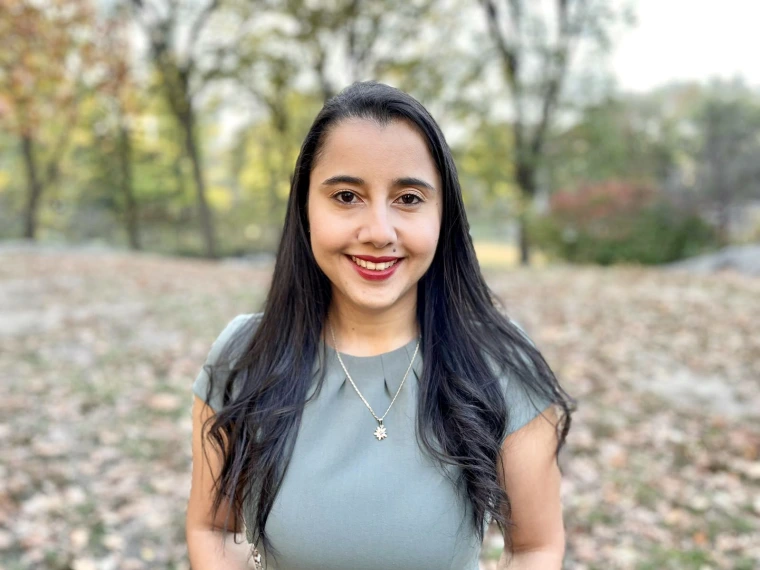Academic Trajectories and Professional Identities of English Language Teacher Candidates in an MA TESL Program in the United States: An Exploration of Reflections on the Past and Perspectives for the Present and Future
Dissertation title: Academic Trajectories and Professional Identities of English Language Teacher Candidates in an MA TESL Program in the United States: An Exploration of Reflections on the Past and Perspectives for the Present and Future
Dissertation Committee: Dr. Hayriye Kayi-Aydar (Chair), Dr. Suzanne Panferov Reese, Dr. Beatrice Dupuy, Dr. Dwight Atkinson
Location: This will be a hybrid defense. To receive location details, please contact Amable directly at amableribeiro@arizona.edu if you would like to attend virtually or in person. Thank you.
Dissertation Abstract: The ways that language teachers construct, enact, and negotiate their identities as part of ttheir professional learning and growth have been largely explored in the literature (see Kayi-Aydar, 2019a, for a review). The processes of identity negotiation and enactment are shaped by a wide range of factors, such as past experiences or dreams about the future. Research has shown that Teaching English as a Second Language (TESL) teacher candidates (TCs) undergo a complex and multilayered process of identity negotiation that not only influences but is also influenced by their perceptions (Canagarajah, 2012; Hamman et al., 2012; Yazan, 2014), agency (Tao & Gao, 2017), and teaching practices (Kanno & Stuart, 2011). My dissertation contributes to the existing literature on the professional identity construction and negotiation of multilingual and multicultural TCs in graduate programs in TESL. Furthermore, it sheds light on the impact of TCs’ past experiences as L2 learners and current experiences as graduate students on their identity construction as teachers. A comprehensive investigation of how TCs construct and negotiate their professional identities based on various personal and professional learning experiences can illustrate the complex ways in which they become who they are, how their beliefs and values evolve, how they perform and make decisions in their classrooms, and what kinds of expectations they hold for the future. Moreover, by analyzing the experiences and perspectives of a diverse group of TCs, and in some cases, longitudinally, this qualitative dissertation study, situated within poststructuralist perspectives of identity (e.g., Norton, 2014; Norton & Morgan, 2013; Pavlenko, 2002), demonstrates how TCs make sense of their institutional learning, how they theorize their practices, and how they understand and establish relationships within their professional contexts.
Data for this study were collected through semi-structured interviews, journal entries, documents, and classroom observations. The primary approaches for data analysis involved both thematic (Braun & Clarke, 2006) and discourse analysis (Gee, 2011). This dissertation aims to answer the following research questions: 1. How do personal experiences of L2 learning influence MA TESL teacher candidates’ professional identity enactment and negotiation? 2. How do TCs’ learning experiences in an MA TESL program contribute to or shape the construction of their professional and imagined identities? How do those experiences impact the enactment of their TESL teacher agency and sense of becoming a TESL practitioner?
Findings indicate that biographic experiences at the personal and institutional levels shaped TCs construction of invested, agentive, and legitimate teacher identities. Specifically, TCs were influenced by the relationships they established with their L2s in the past and the qualities of teaching they observed as L2 learners. Findings also indicate that as the participant-TCs engaged in the coursework and gained pedagogical and content knowledge in the MA TESL program, they struggled to construct a “disciplinary identity” (Pennington, 2015) due to dual (e.g., student-teacher) and conflicting identities (e.g., the native/nonnative speaker). Finally, the formal education that TCs experienced and developed in the MA program seemed to nurture their critical awareness about linguistic diversity and multilingualism and promoted the enactment of agency toward meaningful changes in their classroom practice, curriculum, and adopted methodologies.


